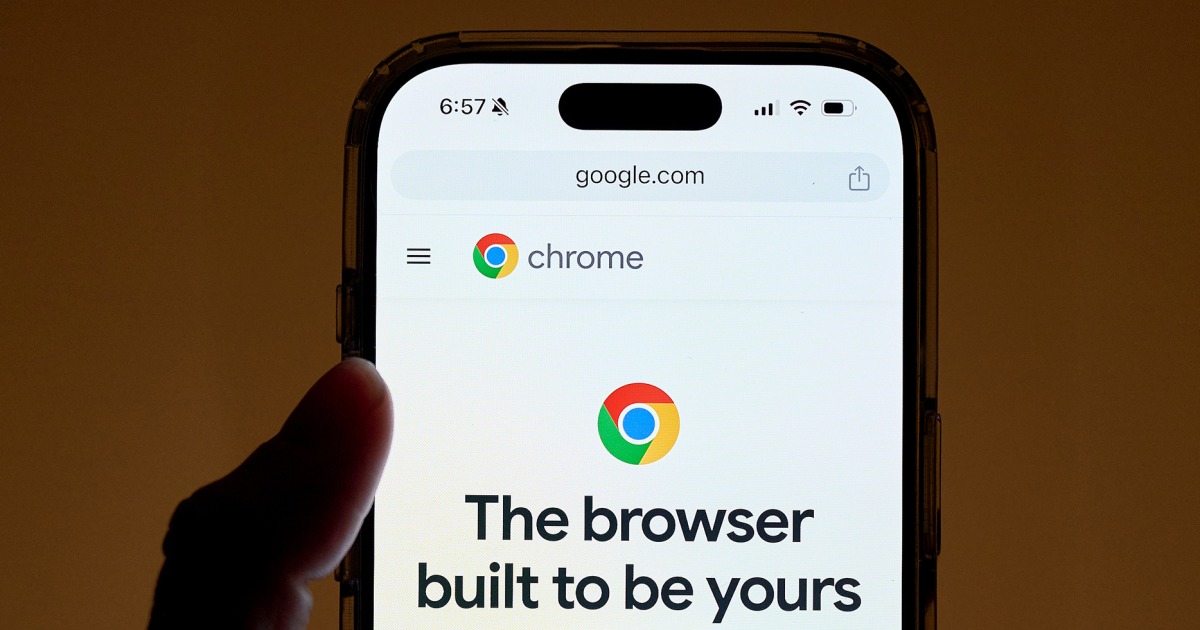The last few months have been tough for Google. After a judge held the company illegally monopolized online search, the Justice Department just proposed remedies, including forcing Google to sell its Chrome web browser, prohibiting exclusive search engine licensing deals and self-preferencing, obliging the company to license its data and web index more broadly and limiting its control over the evolving artificial intelligence industry.
Google may complain that these remedies are excessive and “anti-innovation.” But forward-looking pro-public tech innovation requires more than a slap on the wrist. It requires leveraging this opportunity to create a digital ecosystem that actually fosters innovation and protects public interests. This is a role that antitrust enforcement has often played, as in previous actions around AT&T and Microsoft.
Google may complain that these remedies are excessive and ‘anti-innovation.’ But forward-looking pro-public tech innovation requires more than a slap on the wrist.
The United States is good at creating new innovations, but sometimes less good at allowing them to scale in ways that displace incumbents and provide distributed public benefits and shared growth. Instead, yesterday’s innovators have become today’s entrenched monopolies, freezing out smaller rivals and extracting value from customers. Indeed, economists have found that American companies are hurting economic growth by using their financial resources to entrench their dominance, rather than pursue genuine innovation and risk-taking.
That’s what a U.S. federal court found Google guilty of in its decision last August. Google has been paying rivals such as Apple and Samsung enormous sums to cooperate rather than compete, and using its scale and control over distribution channels (such as Chrome and Android) to preference its own products. According to a former Google executive, this was meant to “basically freeze the ecosystem in place” around Google as the dominant internet search engine. This lets Google extract value from its customers by reducing its quality and increasing its prices.
Distribution channels matter in Google’s business, as does having enough data and an index of the web, and attracting advertisers. Any startup that wants to innovate in search needs access to these capabilities to get going.
A strong innovation ecosystem in search would give potential innovators access to these capabilities, opening up the market to newcomers. And that’s what the Justice Department’s proposed remedies aim to do.
As the DOJ has recognized, remedies need to go beyond just banning the payments that Google makes to its competitors. Banning these payments would restore the incentives of distribution partners such as Apple and Samsung to compete with Google, but it wouldn’t give newcomers access to distribution channels and other capabilities they need to actually innovate. Apple and Samsung might create their own search engines or license Bing instead of Google, but small startups still couldn’t enter the market. More competition, perhaps, but still a clubby oligopoly of big tech platforms.
The DOJ’s “break-up” proposal to force Google to sell Chrome is getting the most attention. Chrome has two-thirds of the world’s browser market. And Google is using Chrome to preference both its core search product, and its new AI tools, leveraging its control over distribution to freeze out AI innovators such as Perplexity, Claude and ChatGPT. Opening up the Chrome platform is essential to distributing the capabilities to innovate to a broader swath of hungry new entrants.
As the DOJ has recognized, remedies need to go beyond just banning the payments that Google makes to its competitors.
The DOJ’s proposal to force Google to sell Chrome is a promising step in the right direction, even if it still needs to work out the details. A court order to simply sell Chrome to the highest bidder without other protections could have the unintended effect of delivering it into the hands of today’s big tech platforms and AI barons, as a more publicly interested buyer probably couldn’t pay as much.
But to fully restore innovation in search, Chrome and other internet browsers need a business model that lets them serve the needs of their users, rather than serve their corporate backers. Tech platforms currently subsidize development of their browsers as vehicles to distribute their other products, and independent browsers (like Firefox) earn revenue from tech platforms that pay them for preferential distribution. Recognizing its natural monopoly characteristics, one proposal to turn search into a public utility business is intriguing — though this might be outside the control of the DOJ and the judiciary.
At this stage in the tech innovation cycle, what’s good for Google is probably not what’s good for the United States. The company had its time in the sun and developed lasting innovations. But scrappy outsider startups are better at innovating because they lack the bureaucracy, power structures and vested interests of a large organization.
This moment is not just about reining in one company, but it’s also about reclaiming a digital economy that serves us all. The DOJ’s proposed remedies are sensible steps toward bolstering a supportive innovation ecosystem by giving newcomers access to the capabilities they need to innovate.

